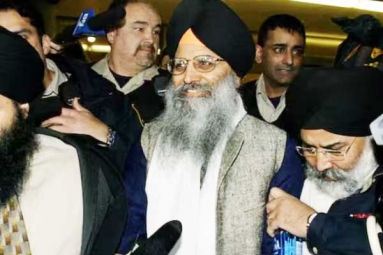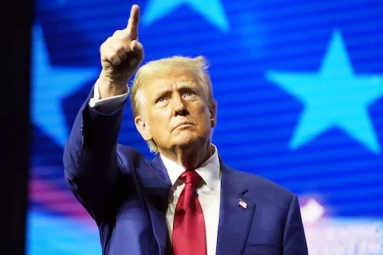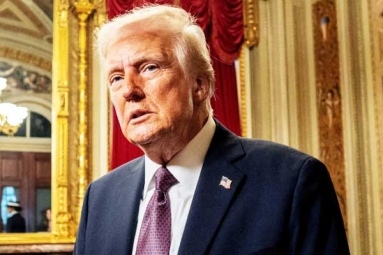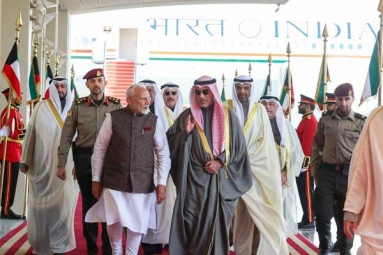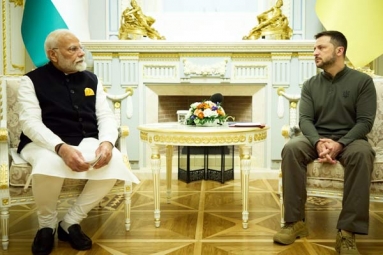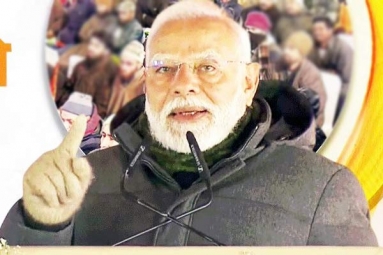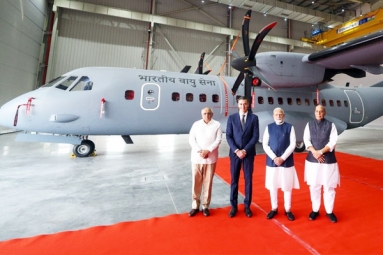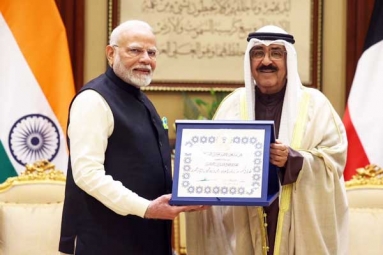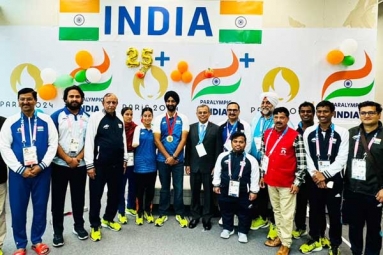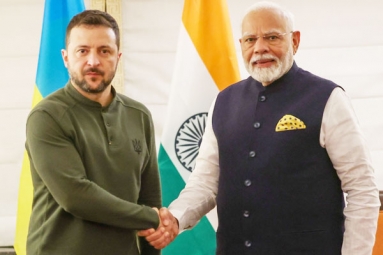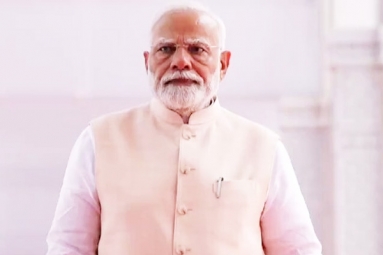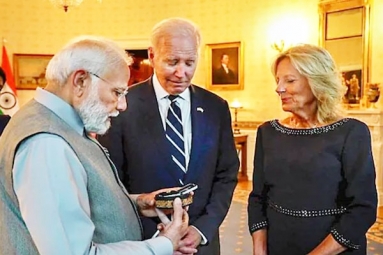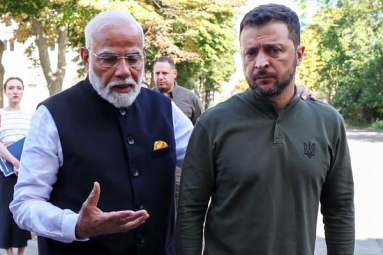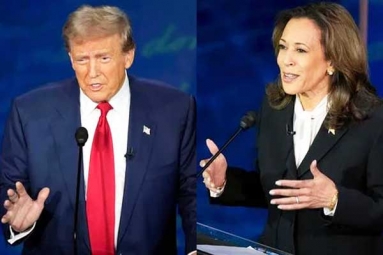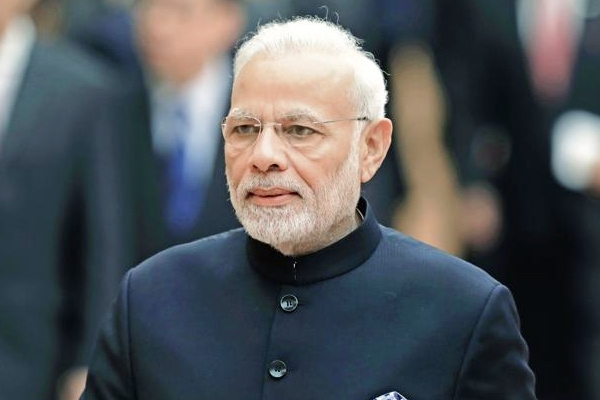
(Image source from: livemint.com)
It is known fact that Indians living abroad are keen on Indian politics and an Indian man who emigrated to the United States around two decades ago is striving to make his party triumph in the upcoming general election.
In American Suburb, an IT (Information Technology) consultant Madhu Bellam scoured a spreadsheet with contact details for more than 1,500 Indian voters.
Bellam, currently staying in Maryland, renounced his Indian passport to turn into an American in 2011. Currently, he runs his own tech consultancy.
The 47-year-old, convinced that the ruling Bharatiya Janata Party (BJP) will open India's economic potential, is part of an army of activists seeking to propel Prime Minister Narendra Modi to a second term in general election, due to be held by May.
"I am requesting you to vote for BJP and spread the word in the constituency," Bellam says in his phone calls to people in India whose numbers were provided to him by the party. He then extols Modi's policies, including his flagship "Make in India" plan.
Bellam and fellow BJP supporters also lobby their own networks in India, calling acquaintances, cousins and old schoolmates with the same message.
The U.S. chapter of the Overseas Friends of the BJP has around 4,000 members, although its president Krishna Reddy estimates the broader network includes up to 300,000 supporters. As umpteen cannot travel home to vote, so ardent BJP backers are channeling their vitality into phone campaigns and a blitz of social media messages to people in India.
Vijay Chauthaiwale, the head of the BJP's foreign affairs cell, said Modi supporters in 20 countries will be helping out in the campaign. Besides the U.S., these include Canada, Britain, Australia, and parts of Africa, where there are sizeable Indian communities.
But Indian-Americans, who number around four million, has perhaps the most influence. As one of the most educated and prosperous minorities in the U.S., the community is admired in India - an asset the BJP has seized on.
"They are shocked to be getting a call from the United States," Bellam said of the people he phones. "We call some rural people too. They look at us as very successful people, so that's the good thing for us to convince them. They think that we speak the truth."
The U.S.-based BJP supporters said they back Modi because they believe he is ushering in policies that will turn India, already the world's fastest-growing large economy, into a powerhouse.
The U.S.-based supporters often have roots in the Rashtriya Swayamsevak Sangh (RSS), a Hindu nationalist group that is the ideological parent of the BJP. Likewise helping Modi, who governed the western state of Gujarat from 2001 to 2014, is the sizable Gujarati community in the U.S.
Modi moved to the federal government after winning the general election in 2014 with a thumping majority, when he was widely supported by the Indian diaspora overseas.
Bellam was making an effort to woo voters ahead of local elections this month, in which the BJP lost the power of three major heartland states to the opposition Congress party. But he and other Modi supporters hitherto have their sights set on the general election.
The U.S. supporters will likely make around 500,000 calls the following year, according to Reddy, the president of the group. Members will target India's biggest states and their own hometowns, given they can campaign in the local language and have a good grasp of community issues.
Devesh Kapur, a political scientist at John Hopkins University who has written two books on Indian-Americans, said calls from the U.S. are improbable to change voters' minds but they could help rally support.
"My impression is that their effect is at the margin, and more on turnout rather than changing voting preferences per se," said Kapur.
Amid the buzz around the BJP abroad, the Congress party, which ruled India for most of its post-independence era after 1947, is trying to drum up support from the diaspora, too.
During a tour of the U.S. earlier this year, Congress president Rahul Gandhi praised emigres as the "backbone" of India.
For the 2019 election, members are asked to support Congress on social media and speak to family and friends back home - but not to call voters, said Sam Pitroda, the chairman of the Indian Overseas Congress Department.
"I am not going to force you. I am not going to tell you: 'I'm great and successful, listen to me.'... How can I tell some poor little farmer that I am successful?" said Pitroda, who was an adviser to then Prime Minister Rajiv Gandhi in the 1980s and now lives in Chicago.
"All you can tell them is: Do you believe in freedom? Do you believe in inclusion? Then the Congress party is the party you want to vote for."
-Sowmya Sangam






